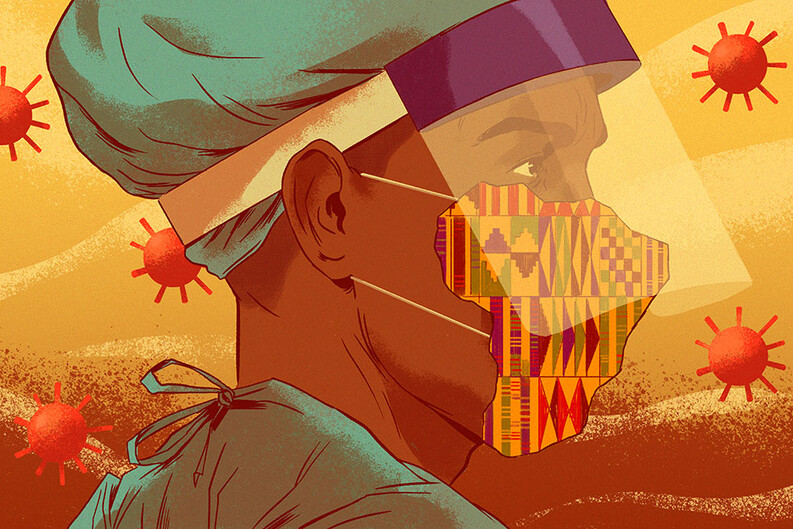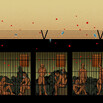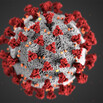An African Reading of the COVID-19 Pandemic and the Stakes of Decolonization

By Caesar A. Atuire & Olivia U. Rutazibwa
The COVID-19 pandemic has so far revealed that the virus (SARS-CoV-2) does not only infect, weaken, and highlight weaknesses in human biological systems, but also the structural weaknesses of health systems at international and national levels. We may paraphrase a famous quote from the vice president of Ghana, Dr. Mahamudu Bawumia, by saying, “When the fundamentals of health are weak, COVID-19 will expose you.” [1] Here ‘expose you’ refers to the increasing vulnerability to external forces and the resultant shaming. Just like a virus infects a living body and thrives on biological ‘weak fundamentals’ such as underlying health conditions and age, pandemics hit societies and thrive on public health ‘weak fundamentals’ such as inequality, poverty, and discrimination.
The Covid-19 pandemic has put to the test and revealed the weaknesses and strengths of the ‘fundamentals’ of national health systems across the globe. The health systems of many African countries cannot be fully comprehended without considering the how these countries emerged and continue to function. Many of today’s African states emerged from colonialism in the second half of the twentieth of century. These countries, although politically independent, continue to contend with multi-faceted and multi-layered forms of neo-colonialism. [2] (Neo-) colonialism does not only produce a colonizer who exhibits paternalistic attitudes towards the colonized but also a colonized who develops a consistent lack of self-confidence; both feed on and perpetuate relations of dependency. [3]
Read the full commentary by Caesar A. Atuire & Olivia U. Rutazibwa.


